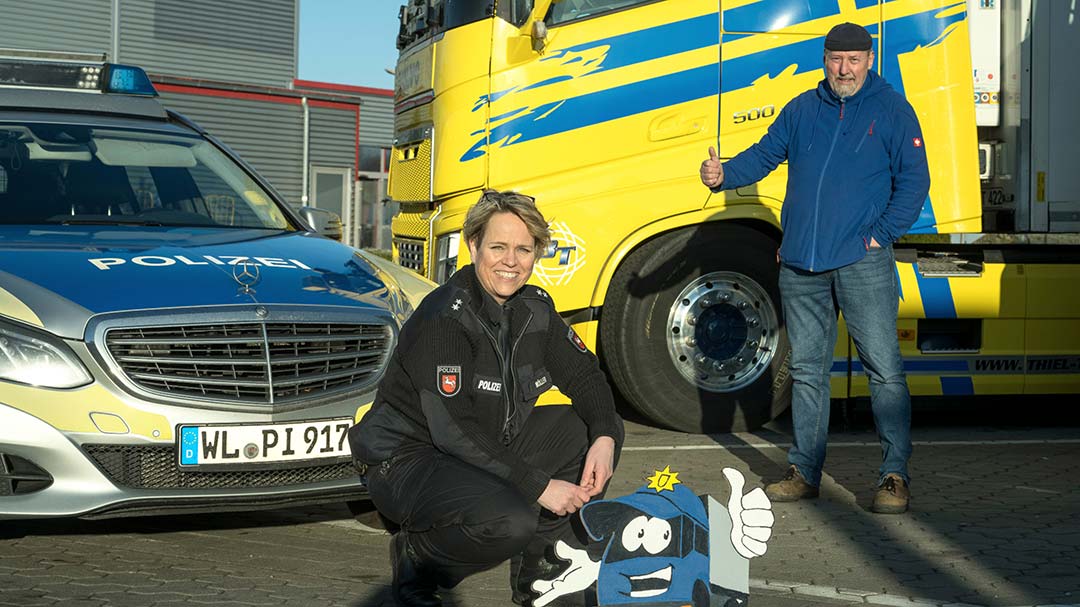Text: Juliane Gringer
Photos: DIHK/Paul Aidan Perry, Rüdinger Spedition, Shutterstock
If one’s own children do not take over the forwarding company, another solution must be found. Dr Marc Evers, Head of the Department for SMEs, Business Start-ups, Company Succession of the Association of German Chambers of Industry and Commerce, explains how to find the right person for the succession – and when to start the search.

»If the time of a business handover is postponed, this often also has financial disadvantages.«
Dr Marc Evers, Head of the Department for Small and Medium-Sized Businesses, Business Start-ups, Business Succession of the Association of German Chambers of Industry and Commerce
The 79 Chambers of Industry and Commerce in Germany have around 200 offices. They are neutral institutions that are legally obliged to look after the overall interests of the tradespeople in their region. When it comes to business succession, they bring entrepreneurs in search of successors into contact with interested candidates.
nexxt-change is a digital business succession exchange that brings together entrepreneurs and start-ups interested in succession. The platform is backed by the Federal Ministry for Economic Affairs and Climate Protection and KfW Bankengruppe, among others.
“Let the young people have it!”

»The upcoming generation often also deals with digital topics in their private lives – this can be very valuable for the company.«
Roland Rüdinger, Managing Director of Rüdinger Spedition







